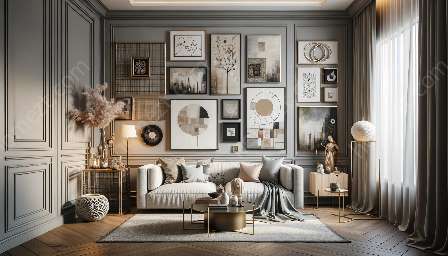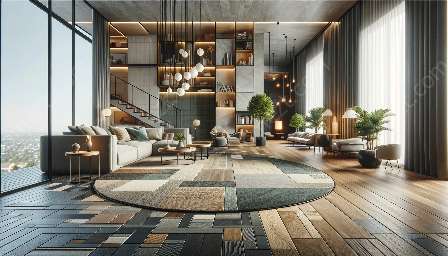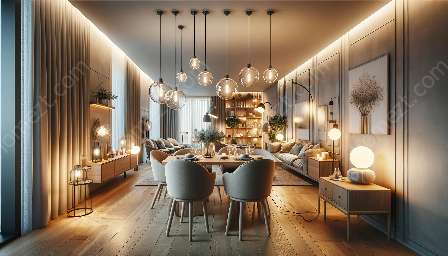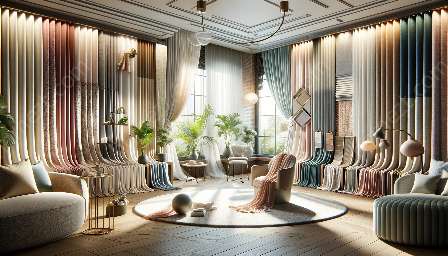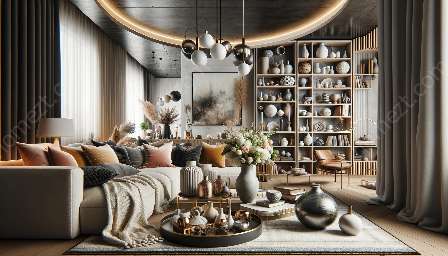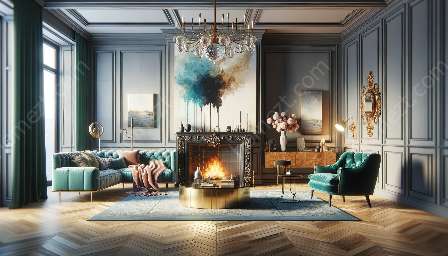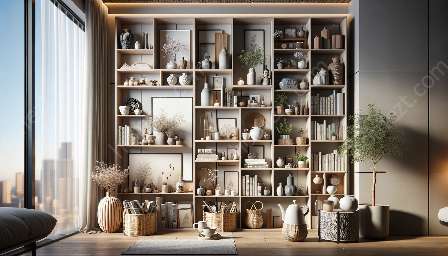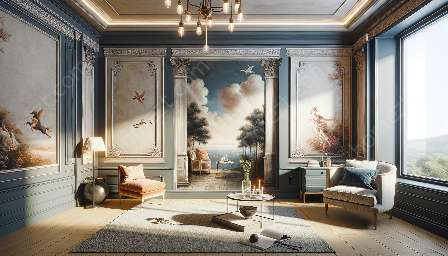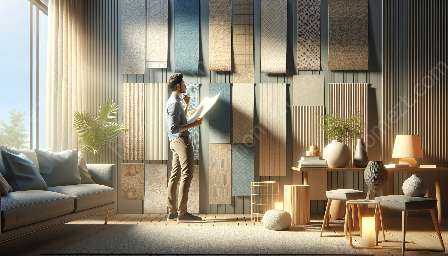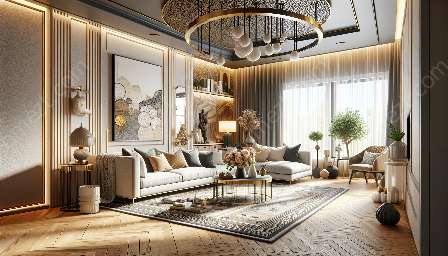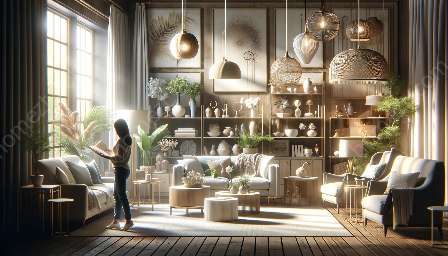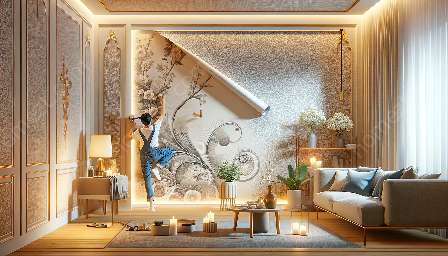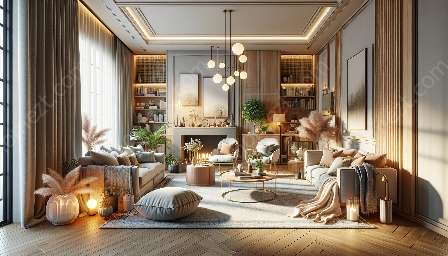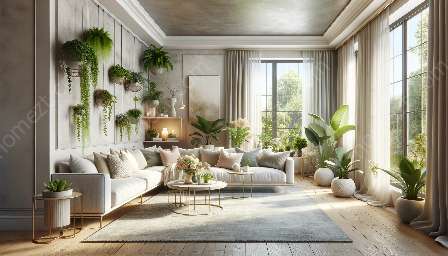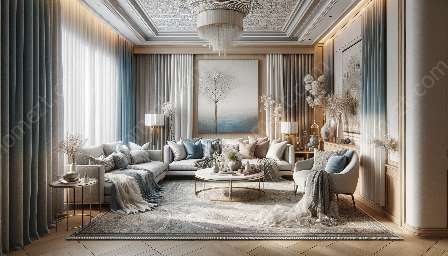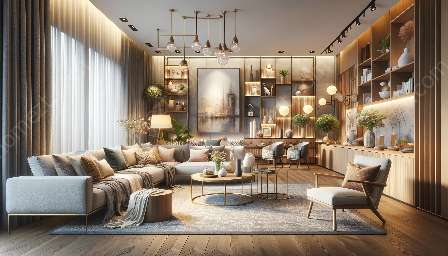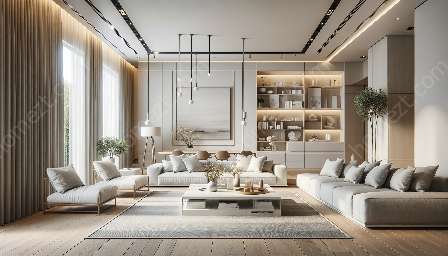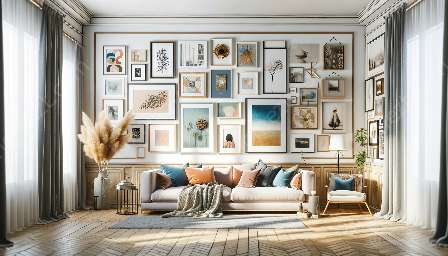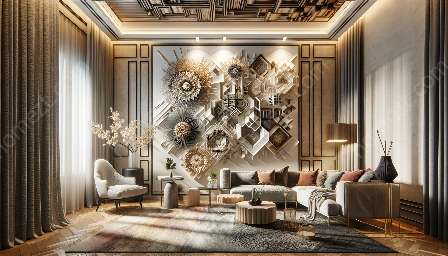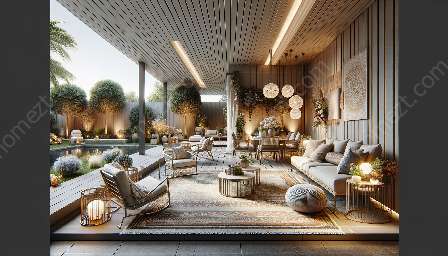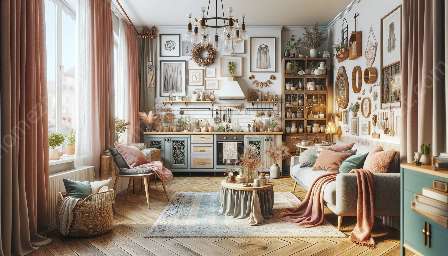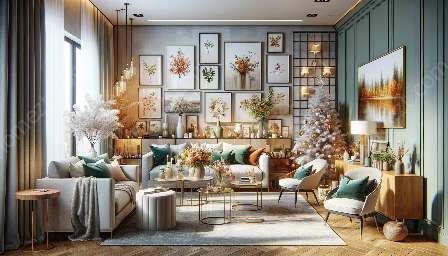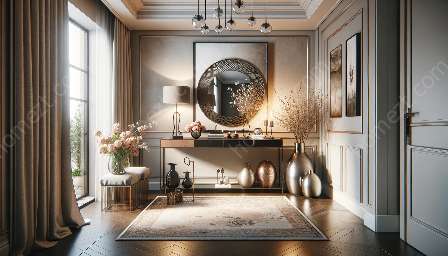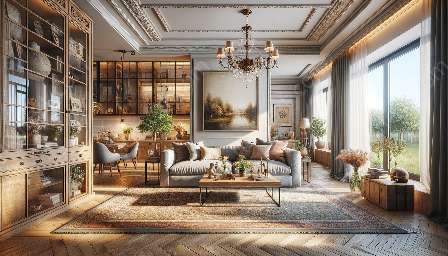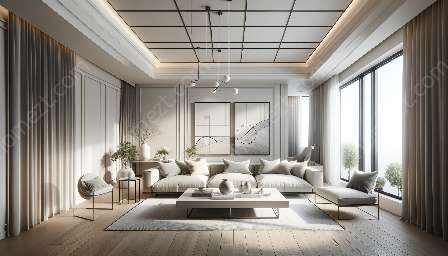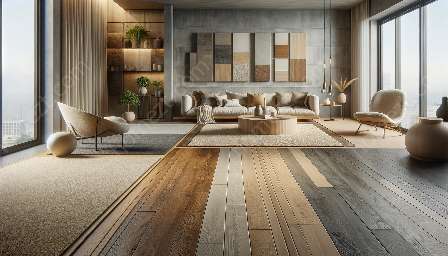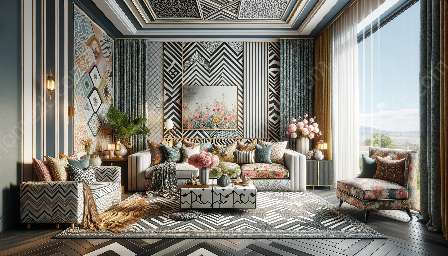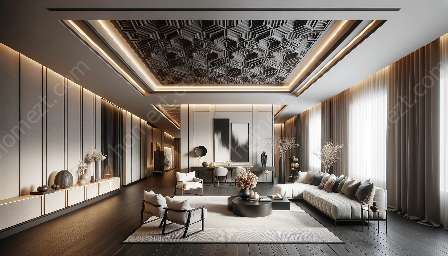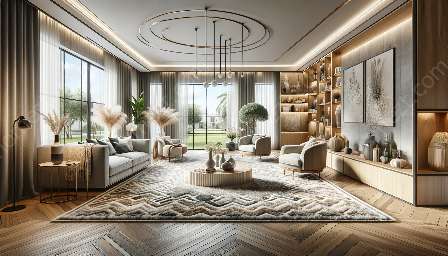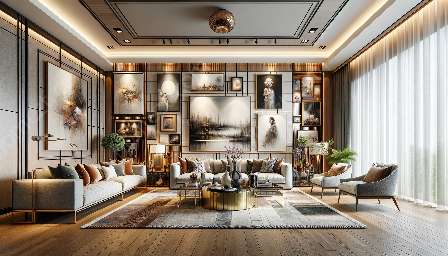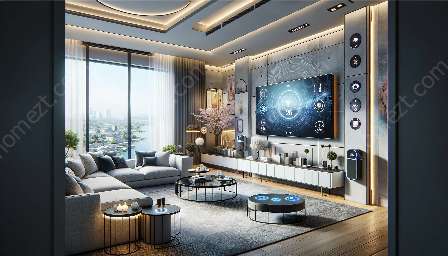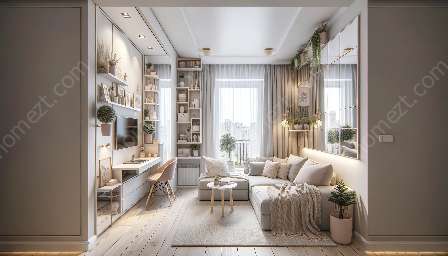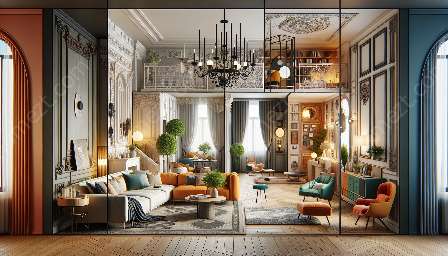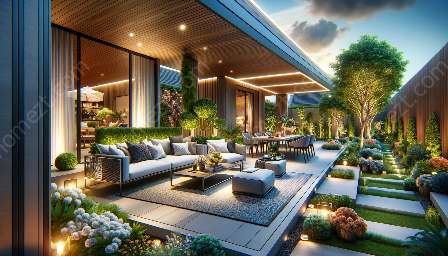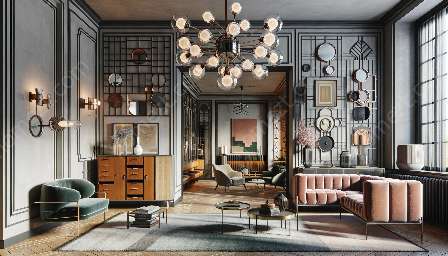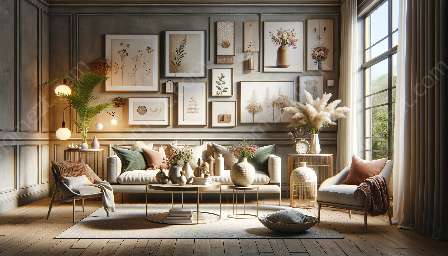When considering the use of mirrors for visual enhancement, it is essential to appreciate the psychological effects associated with this practice. Mirrors have long been utilized not only for practical purposes but also as tools for self-reflection and personal enhancement. This topic cluster aims to explore the various psychological effects of using mirrors for visual enhancement, as well as their compatibility with decorating.
Mirrors and Self-Perception
One of the primary psychological effects of using mirrors for visual enhancement is their impact on self-perception. By providing individuals with a visual representation of themselves, mirrors can influence how individuals perceive their appearance, posture, and overall identity. When used for visual enhancement, such as applying makeup or styling hair, mirrors can play a crucial role in shaping one's self-image and confidence.
Confidence Building
Mirrors can serve as powerful tools for building confidence and self-esteem. When individuals are able to visually enhance or alter their appearance using mirrors, they may experience a boost in confidence and a sense of empowerment. Whether it involves choosing and trying on different outfits or experimenting with various makeup looks, the use of mirrors for visual enhancement can instill a positive self-perception, contributing to an individual's overall well-being.
Self-Reflection
In addition to their role in visual enhancement, mirrors also facilitate self-reflection. When individuals gaze into a mirror, they are presented with a reflection of themselves that can spark introspection and self-evaluation. This process of self-reflection can lead to increased self-awareness and a deeper understanding of one's identity and personal goals. Moreover, the act of self-reflection through the use of mirrors can promote mindfulness and a greater appreciation for one's physical appearance and inner qualities.
Emotional Impact
The use of mirrors for visual enhancement can have significant emotional implications. Positive experiences with mirrors, such as achieving a desired look or feeling satisfied with one's appearance, can generate feelings of happiness, contentment, and pride. Conversely, negative experiences, such as self-criticism or dissatisfaction with one's reflection, can lead to feelings of disappointment, frustration, and self-doubt. Understanding these emotional responses to mirror usage is crucial in recognizing the broader psychological effects associated with visual enhancement.
Mirrors and Decorating
Mirrors serve as versatile decorating elements that can not only enhance the visual appeal of a space but also impact the psychological atmosphere of a room. In interior design, mirrors are often strategically placed to create the illusion of space, reflect natural light, and add a sense of depth to a room. The psychological effects of mirrors in decorating extend to the way they can influence mood, atmosphere, and even social interactions within a given space.
Mood Enhancement
When used in decorating, mirrors can contribute to mood enhancement by brightening and opening up a room. Their reflective properties can create a sense of spaciousness and airiness, positively impacting the psychological experience of individuals within the space. Additionally, mirrors can reflect and amplify natural light, promoting a brighter and more uplifting atmosphere, which can have positive effects on mental well-being.
Social Interaction and Engagement
Another psychological aspect of using mirrors in decorating is their potential to facilitate social interaction and engagement. In social settings, strategically placed mirrors can create an inviting and inclusive environment by encouraging individuals to interact with their reflections or with others in the space. This can contribute to a sense of connectivity and sociability, impacting the psychological dynamics of the environment.
Conclusion
The psychological effects of using mirrors for visual enhancement and decorating are multifaceted, encompassing aspects of self-perception, confidence building, self-reflection, emotional impact, mood enhancement, and social interaction. By understanding these psychological effects, individuals can harness the power of mirrors to positively influence their mental well-being and create aesthetically pleasing, psychologically enriching spaces.

